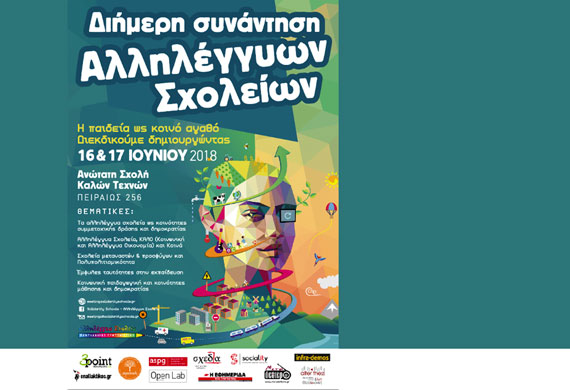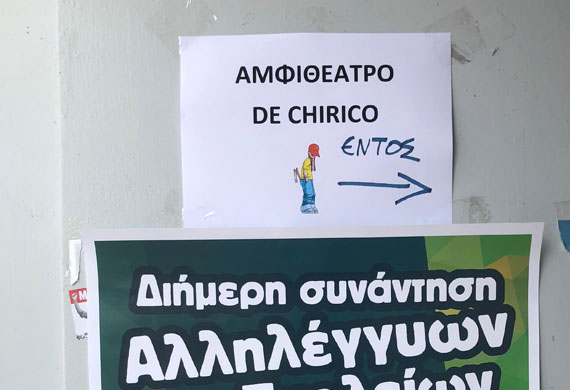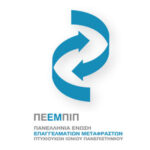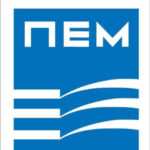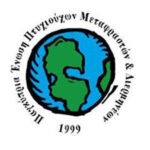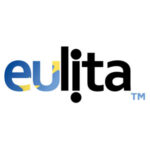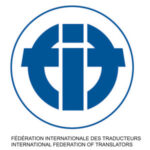BRIEF PRESENTATION
Solidarity schools are alternative educational structures which seek to promote a more democratic and consensual manner of education based on solidarity and self-organisation. Solidarity schools are not a substitute for the public education system. On the contrary, they support public schools by helping to better meet the educational needs of modern society and to address the social challenges in education which arose from the recent financial crisis. A special feature of solidarity schools is their democratic function expressed via decision-making in the form of joint meetings attended by teachers, parents and children.
More information about the role and work of solidarity schools can be found at the following link: http://meeting.solidarityschools.gr
